
A crow nestles in a blooming Century plant. The tall yellow flowers may reach a height of 25-30 feet. The plant native to California is also known as an Agave and Agave Americana.


A crow nestles in a blooming Century plant. The tall yellow flowers may reach a height of 25-30 feet. The plant native to California is also known as an Agave and Agave Americana.
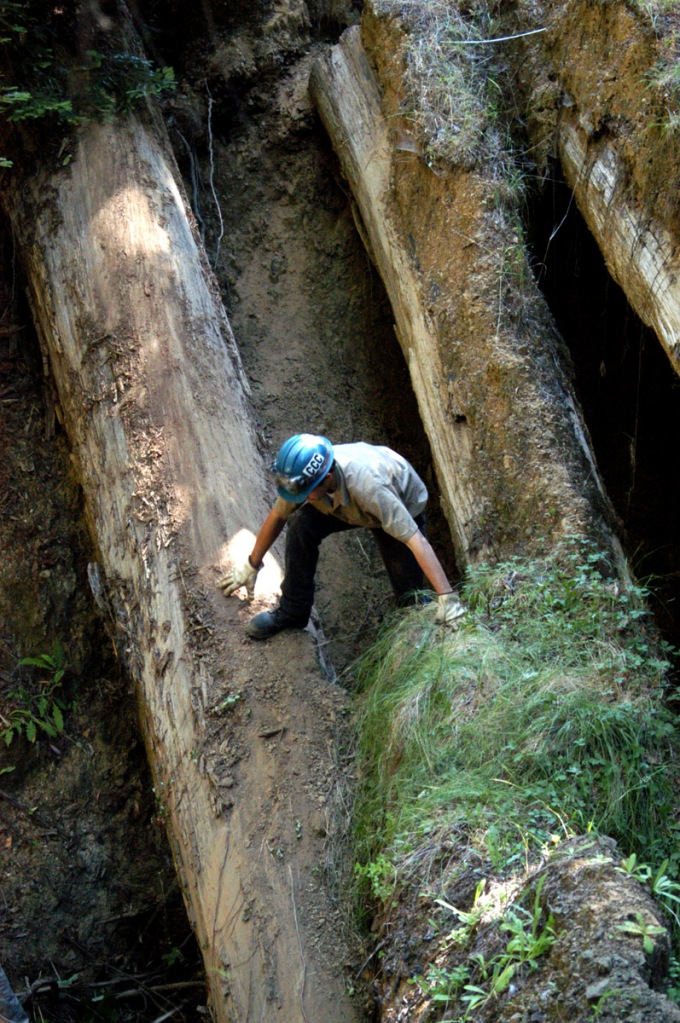
A California Conservation Corps. work-study student walks among fallen Redwood trees toward a Salmon habitat restoration project. Photo copyright Ana Elisa Fuentes

Sunrise Prayer – Shundahai – Peace and Harmony With All of Creation
image copyright anaelisafuentes

In honor of renewable wind energy day, wind turbine installation, California.
image copyright anaelisafuentes
 The unpredictable and mysterious ocean foam
The unpredictable and mysterious ocean foam
washes ashore Arroyo Burro Beach in Santa Barbara, California..
Yes, it is as toxic as it looks.
Some of the causes are as you might expect;
crude oil discharge from tankers at sea, motor oil, detergents, etc .. Contact with the foam
can cause skin irritations and respiratory discomfort.
All rivers and storm drains lead to the sea.
#worldoceansday
image copyright anaelisafuentes
from my photo assignment archive
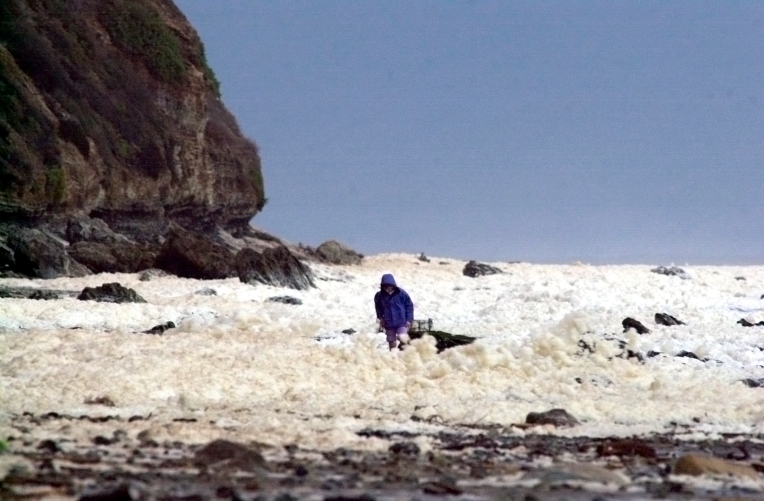


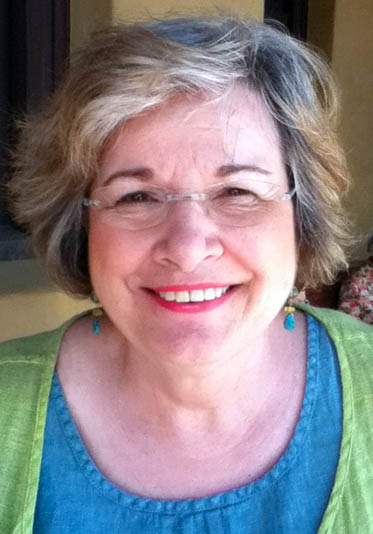



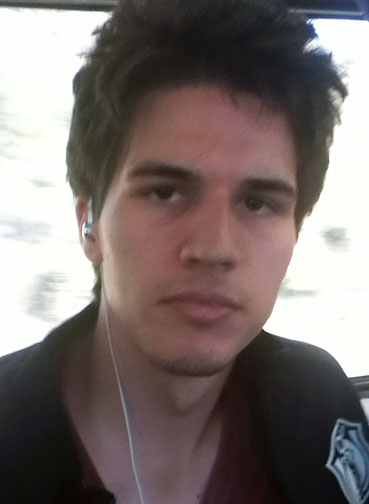
All replies and photographs are published with the participants permission. Photographs taken using an iPod touch.
A Line in the Sand column copyright, Ana Elisa Fuentes.
This blog post powered by foot and public transportation.
My sincere thanks to the participants.
Are Environmental issues influencing your election 2012 decisions?
Welcome to A Line in the Sand – my new weekly column that will address pertinent questions about our environment in open public spaces.
Question: What does climate change mean to you?

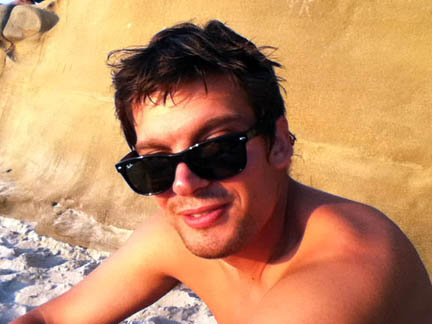



All replies and photographs are published with the participants permission.
A Line in the Sand column copyright, Ana Elisa Fuentes.
My sincere thanks to the participants.
What does climate change mean to you?
 |
| Kate Frey pictured among blooming peas at the sustainable Fetzer Valley Oaks garden in Hopland, California. |
Kate Frey, has for 18 years designed and managed the gardens at the Fetzer Valley Oaks vineyard with her award-winning bio-diverse, organic and sustainable gardening methods in Hopland, California. Her merits include gold medals at the Royal Horticulture Society Chelsea Flower show in 2005 and 2007; and a Silver Gilt in 2003. Her colorful and sustainable gardens were not only favored by the judges but met with literal approval from Her Majesty Elizabeth ll, Queen of England, who met with her privately in 2003 and 2007.
Unassuming yet vibrant, Frey was eager to roam the gardens that gave birth to her career. There are numerous accolades attesting to her achievements but there is no mistake, that her work is all about the love for sustainable gardening and the beneficial insects, pollinators, and birds who are the punctuation of a colorful garden palette. She likes to create what are called “bird and insect hospitable gardens.”
Since Chelsea, Frey and her husband Ben Frey have accepted invitations from the Shizouka prefecture in Japan and a consultation with the Royal House of Saud to tailor their organic farms.
Apart from her international accolades and achievements, Frey continues to focus her commitments on the California landscape. Her gardening successes, awards, and prizes have brought her to her current position as teacher and director of Sonoma State University’s Sustainable Landscape Program with Extended Education. The program started in 2007 and issued their first Landscape program certificate in 2008. Her additional projects include presentations at the social and scientific Bioneers conference, and biodiversity specific projects such as The Melissa Garden, a honeybee sanctuary located in Healdsburg, California. Frey was commissioned to the sanctuary project because of the “pollen generator” plants and flowers that are at the heart of her garden landscape design. Pollinators are a given throughout the year, floral nourishment and an environment free from pesticides. The 40-acre ranch owned by Barbara and Jacques Schlumberger consider themselves “bee-stewards.” “It is no secret, Frey said, that bees are a dwindling population in the US.”
We named the sanctuary “Melissa,” after Melissa officinalis or Lemon Balm a herbaceous planet and a favorite of bees in horticulture and mythology. Melissa, in Greek mythology who fed Zeus honey as an infant and who later transformed into a queen bee. Melissa is a Greek word meaning honeybee.
 |
| A bumblebee during buzz pollination: the rapid movement of their wings dislodges pollen from its source. |
Words and Pictures Copyright Ana Elisa Fuentes